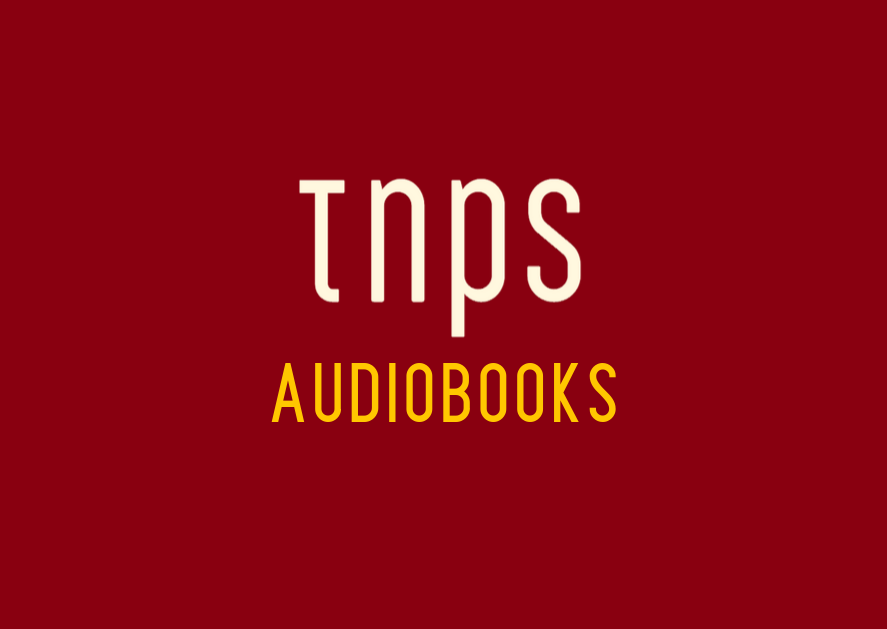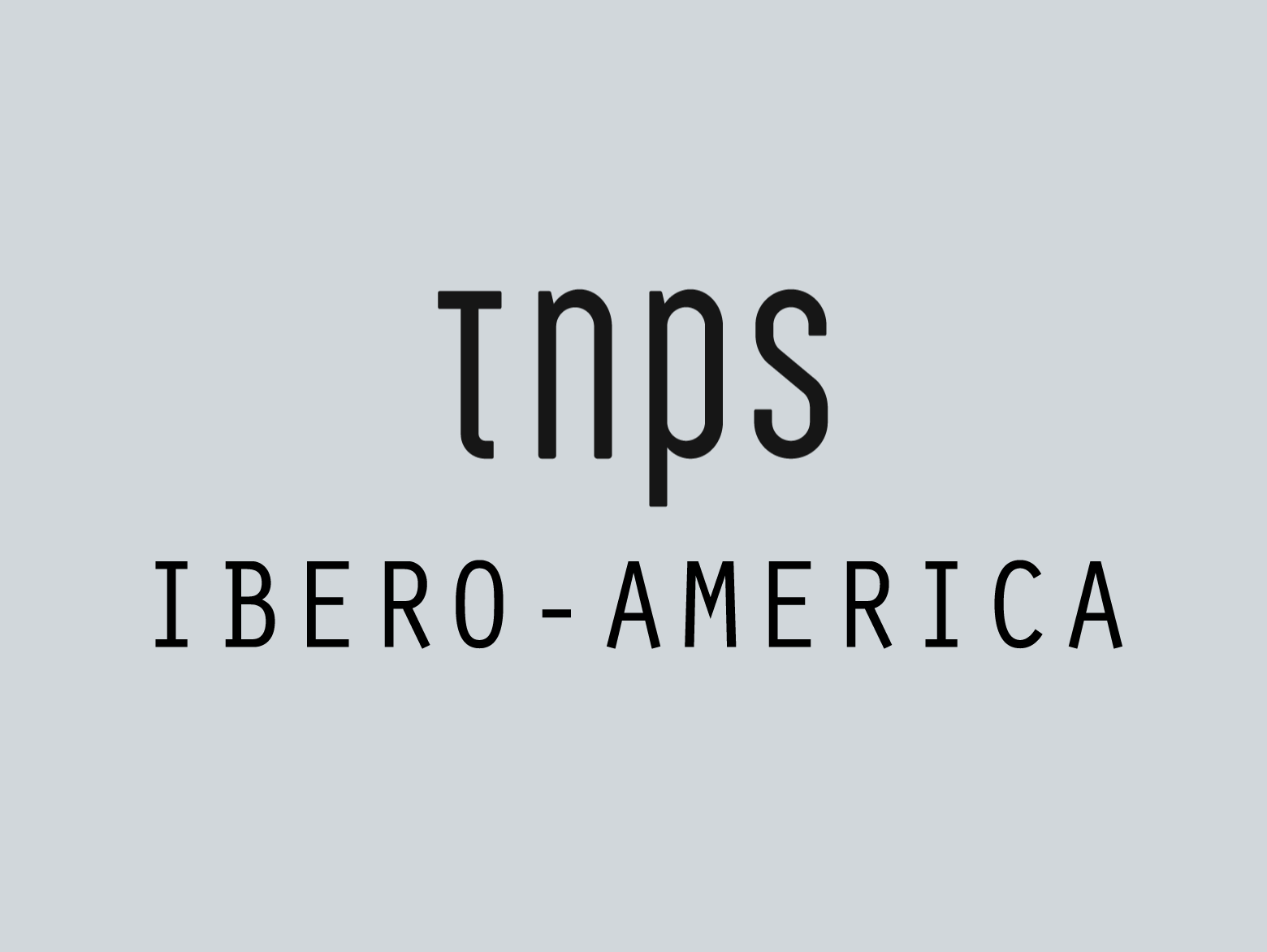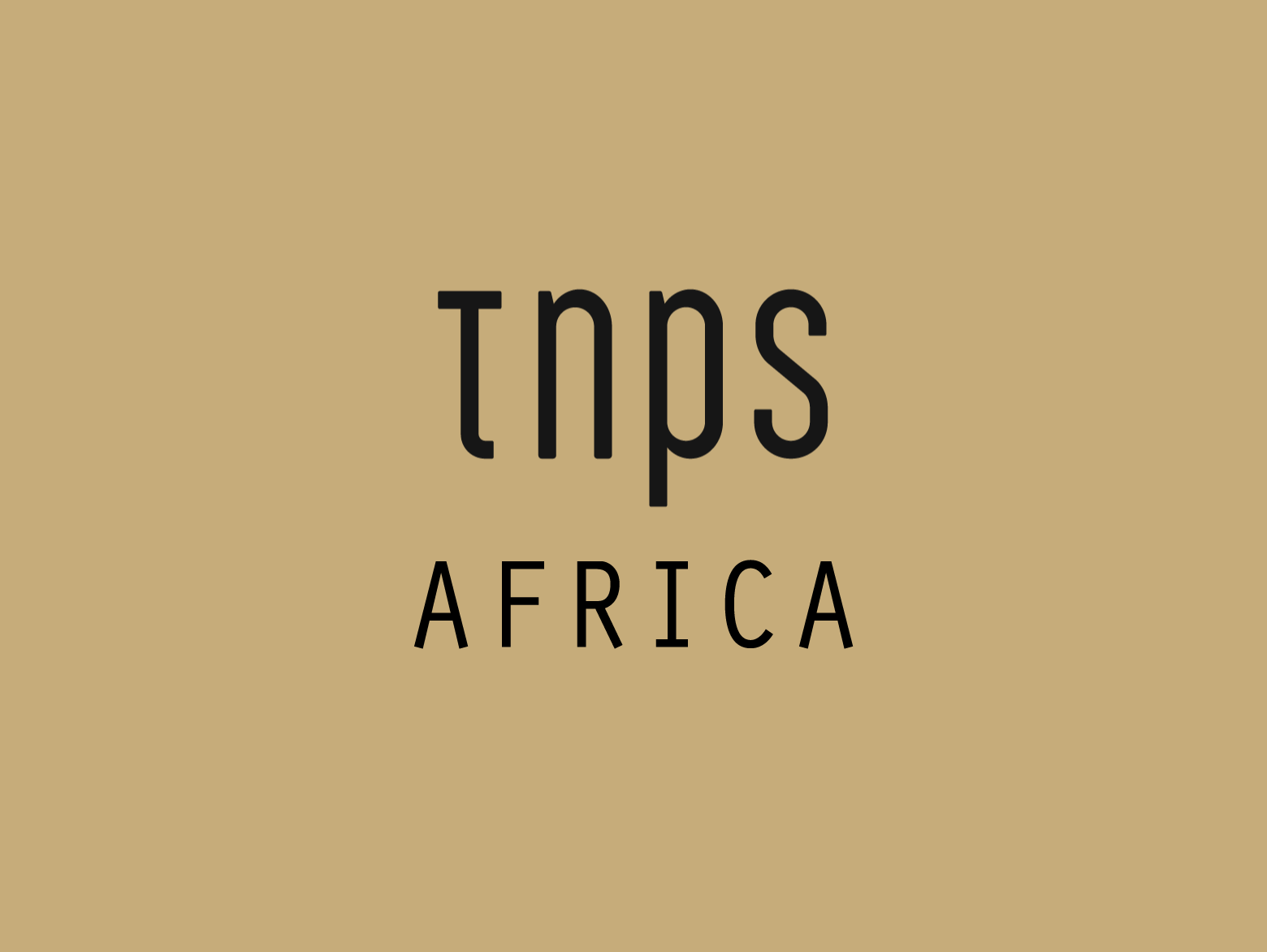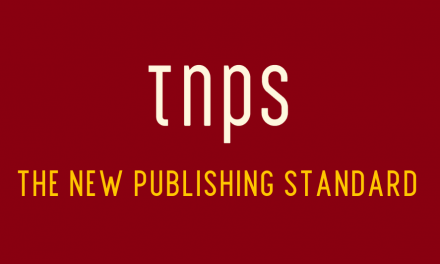When it comes to AI-narrated audio the publishing industry has a relaxed, even complacent stance. It will never happen. And when it does (the industry loves to deny something is possible whilst simultaneously explaining why it is doomed to fail) it will be unsellable rubbish.
Enter, stage left, TikTok. Or rather, TikTok owner ByteDance which, not content with disrupting the social media video industry, launched into social media music earlier this year and now aims to set the audiobook world on fire.
The good or bad news, depending on where you sit, is that just as the TikTok music venture is for now only in India, the TikTok venture into audiobooks is for now only in China.
For reasons not totally clear ByteDance has chosen not to use the TikTok brand steamroller to flatten the opposition, but is keeping the identities separate. The India music launch goes by the name Resso, while the new audiobook operation is called Fanqie Chang Tin (番茄畅听), which translates as Tomato Unlimited Listening according to RadiiChina, which describes the app as:
a long-form audio platform with a library of audiobooks and audio dramas; interestingly though, much of the content is narrated not by humans, but by AI.
The app features a range of books — from fantasy novels to self-help guides — and users can select from “standard,” “emotional,” or “boutique” male or female AI narration.
The content – both AI and real – is produced by Fanqui Novels, owned by ByteDabnce.
The move comes hard on the heels of tech titan Tencent launching its own audiobook operation in April.
This after EnPeople reported iiMedia in January 2020 as valuing the China audiobook market at 8.2 billion yuan ($1.1 billion) with an expected 562 million audio consumers this year.
EnPeople reports that one of the leading Chinese audiobook players, Ximalaya FM (competing with Dragonfly FM and Lychee FM), ran a promotion event in December 2019 where consumers spent 828 million yuan ($116 million), blowing apart the widely held view that Chinese consumers expect free content online.
Ximalaya FM founder Yu Jianjun said:
More users are willing to pay for high-quality content, and content creators can also benefit.
Which brings us full circle to the 452,000 yuan ($64,000) question: Can ByteDance’s AI-narrated content hit the mark and produce narrated audio that warrants cold hard cash being handed over to listen to?
We can safely say in 2020 we haven’t reached that stage yet with AI narration in the European languages, but I can only speculate if maybe the Chinese language lends itself better to AI narration, or if China’s tech guys are ahead of the curve.
It’s clear TikTok parent company ByteDance thinks this is a runner, and publishers, producers and narrators alike should be watching this closely, Because one thing we all need to understand is that AI-produced content doesn’t have to be perfect to be commercially viable. Just good enough.
And this latest development in China suggests that point may not be too far off.
This isn’t a “Be afraid – Be very afraid” moment for the industry. Not yet, anyway. But it could be the first tremors in a seismic shift in how audiobooks are produced.
AI audiobooks on video, for example, may be the next big thing, with AI producing the content and then an AI-created author reading it aloud on video.
Quite why anyone would want to watch the author – even a real author, let alone a cyber-author – read a book is another question entirely.
But worth noting that China’s automated-content industry is expected to be valued at USD 14 million by 2026, according to 36Kr.
My thoughts: Is that all? I would expect the forecast to be much higher.
As I noted above,
AI-produced content doesn’t have to be perfect to be commercially viable. Just good enough.
I’m sure we can all point to mega-bucks authors whose books we regard as of laughable quality and that even the non-writers among us think they could have done better.
But the reality is if the reading and listening public just wanted Shakespeare there would be no publishing industry.
Trade publishing caters to a wide audience, many of whom want nothing more from a book than to be entertained and left feeling their money hadn’t been wasted.
If AI can deliver that then AI is ready to compete.
Be afraid. Be just a tiny bit afraid.





